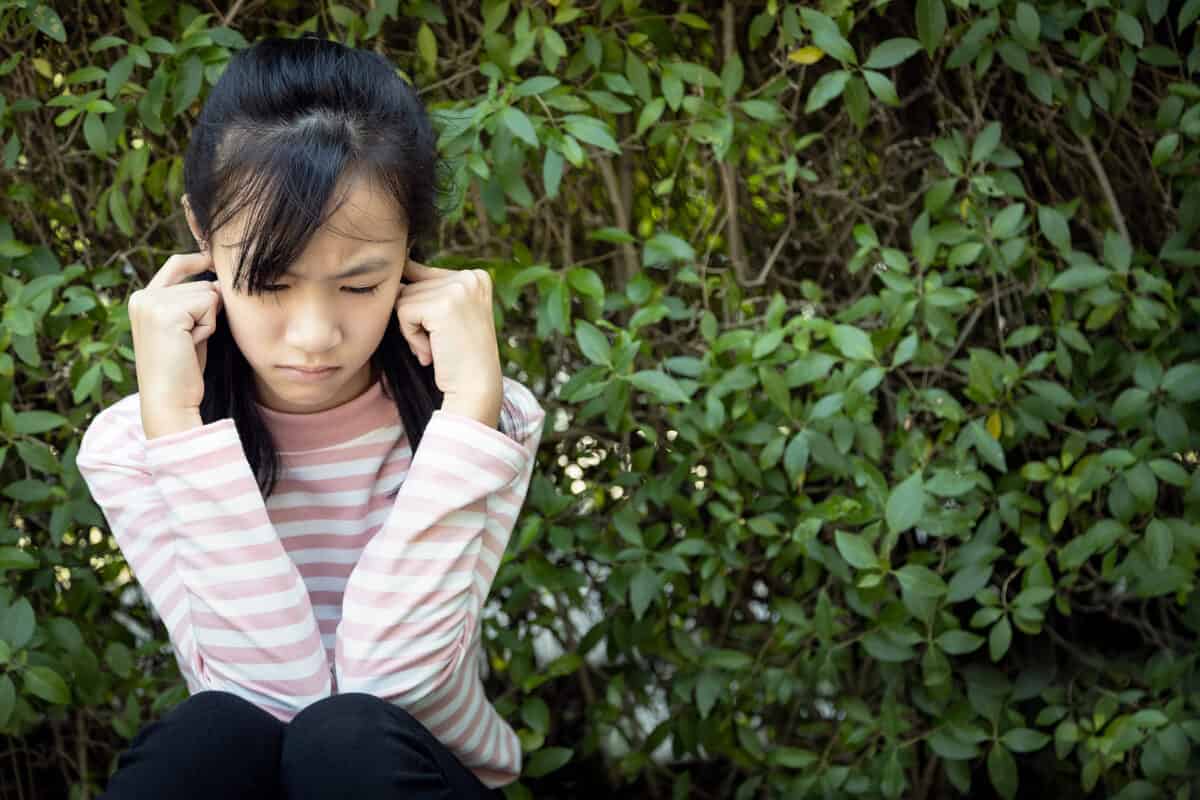Did you know that exposure to loud noise is one of the most common causes of hearing loss? We are exposed to varying levels of noise throughout the day and some of this noise can be hazardous for hearing health. In fact, 30 million people in the U.S. are exposed to dangerous levels of noise on a regular basis according to the American Speech-Language-Hearing Association (ASHA). This highlights the importance of protecting your hearing which can prevent noise induced hearing loss.
Everyday Sounds Potentially Harmful for Hearing
There are everyday sounds and noises that you are likely exposed to regularly that can be hazardous for hearing health – sound above 85 decibels (dB). A few examples include:
- Household appliances: various household appliances and items produce noise near or above 85dB:
- hair dryer: 80-90dB
- power tools: jackhammer, drills, chainsaw etc. – up to 110dB
- blenders, food processors, juicers – up to 100dB
- lawn mower, leaf blower, vacuum cleaner – up to 90dB
- Social activities: recreational noise from social activities is another common source of loud noise exposure. This includes:
- restaurant, bar, party during peak hours: 85-90dB
- going to a game in an arena, going to a concert in a stadium: up to 110dB
- going to a range and shooting with shotguns or handguns: 140-160dB
- snowmobiling: 85-100dB
- Transportation: various forms of transportation can also produce excessive noise:
- motorcycles: 80-100dB
- city traffic: 85dB
- airplanes (during flight): 80-85dB
- Environmental noise: this describes background noise you hear in your neighborhood or while out navigating different settings:
- Garbage truck: 85-100dB
- Emergency sirens: 110-120dB
- Thunder: 120dB
- Electronic devices: streaming audio like music or podcasts from your electronic devices, via headphones or earbuds, can get up to 100dB at the highest volume setting.
These everyday sounds that you may not have been aware of or paid much attention to can irreparably damage the auditory system – the sensory system for hearing.
Noise Induced Hearing Loss
Loud noise can cause noise induced hearing loss, a permanent medical condition that reduces capacity to hear and process speech as well as sound. One time or consistent exposure to excessive noise levels can damage the hair cells in the inner ear. Loud noise can desentize and weaken these sensory cells, reducing their capacity to process incoming soundwaves by converting them into electrical signals for the brain. This results in the brain receiving less auditory information, producing hearing loss.
Sound beyond 85dB is considered hazardous for hearing health. For perspective, this is the equivalent of busy city traffic or a hair dryer. Experts suggest that the maximum threshold for safe listening is 85dB for 8 hours per day. For noise levels that surpass this, exposure time should be significantly reduced. The Occupational Health and Safety Administration (OHSA) recommends that exposure time to noise above 85dB be reduced by half for every increase of 3 decibels of sound. Their guidelines for safe listening include:
- 85dB: 8 hours
- 88dB: 4 hours
- 91dB: 2 hours
- 94dB: 30min
Exceeding these thresholds can permanently damage hair cells and hearing health. Fortuenayl, this type of damage is totally preventable.
Tips to Protect Hearing Health
There are several strategies you can practice to prevent noise induced hearing loss. A few tips include:
- Wear hearing protection. There are different types of hearing protection like headphones, earplugs, and earmuffs. These items provide a physical barrier for the ears, reducing the amount of loud noise that is absorbed. Hearing protection is small enough to carry and access when moving through spaces that are nosier.
- Invest in noise canceling headphones. Noise cancellation technology is designed to reduce background noise as much as possible while delivering enhanced sound quality. Investing in noise canceling headphones is especially useful for people who commute or regularly use headphones to listen to audio.
- Reduce noise exposure. There are several ways you can reduce your noise exposure including: maintaining lower volume setting on electronic devices, avoiding noisy settings and choosing quieter environments (restaurants for example), taking alternate routes to avoid traffic or constructions sites, driving with your windows rolled up to reduce environmental noise, and taking listening breaks throughout the day.
- Have a hearing test. Getting your hearing tested regularly is a great way to monitor your hearing health. This allows you to identify and change or symptoms you need treated, early intervention can help protect the hearing you do have.
Contact us to learn more about how you can prioritize and protect your hearing health. We offer a range of services, resources, and technologies that support your hearing!

